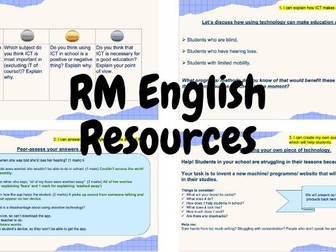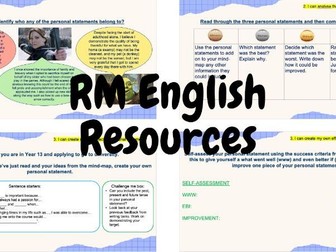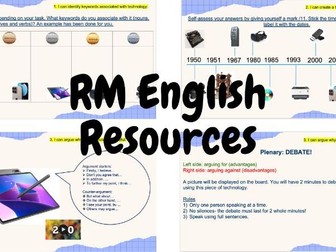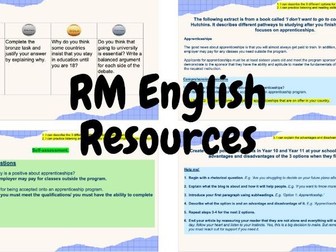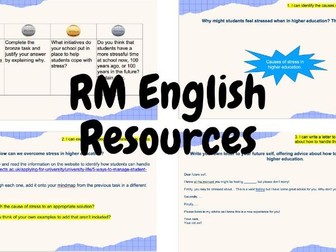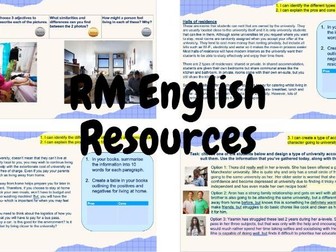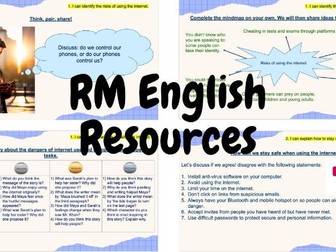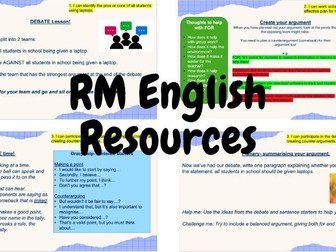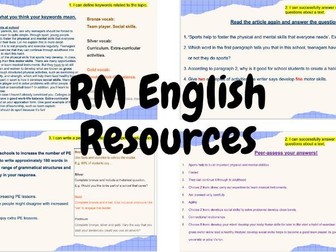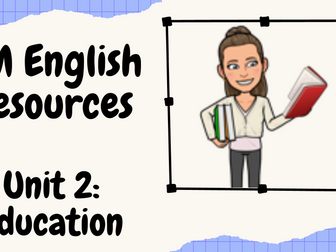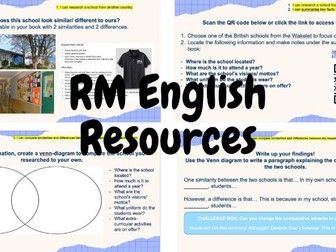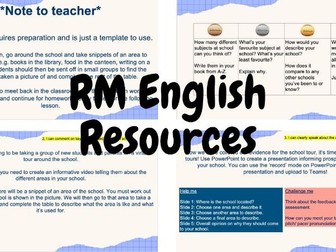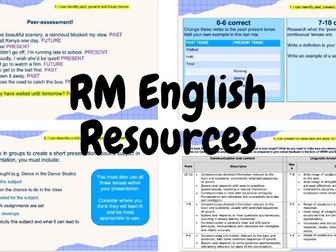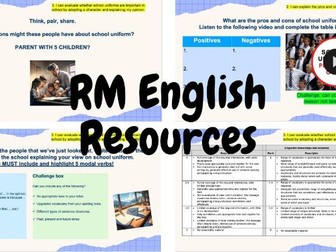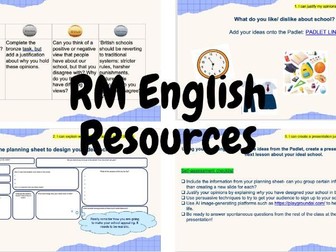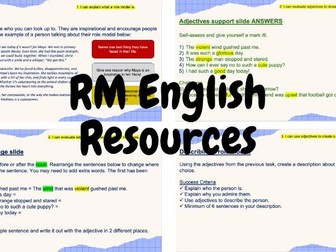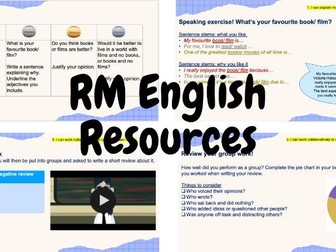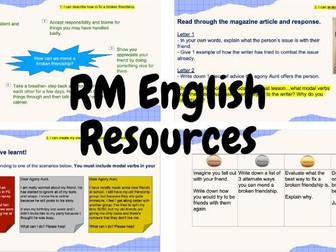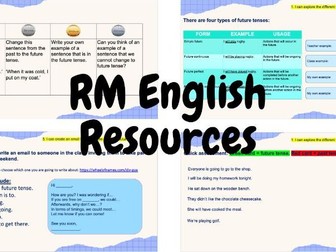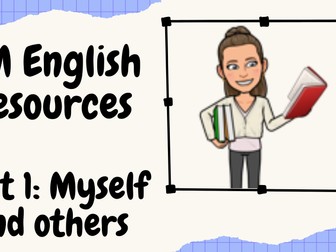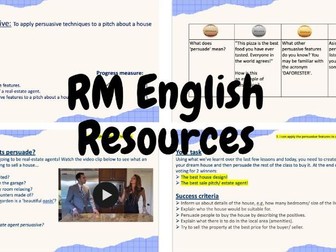ESL- Technology in school
<p>This is an ESL English lesson, tailored to the new Pearson Edexcel (2023) ESL GCSE examination series. The lesson focuses on the second unit: Education.</p>
<p>Students reflect on how technology is currently used within their subjects and around school. They then answer reading-style questions on a text about ICT in education. This leads to the final activity of designing their own piece of technology that can be used in schools and presenting it to the rest of the class. Most tasks are differentiated to accommodate those with a basic level of English, to the more proficient speakers.</p>
<p>Students get the chance to practice reading and speaking skills in this lesson.</p>
